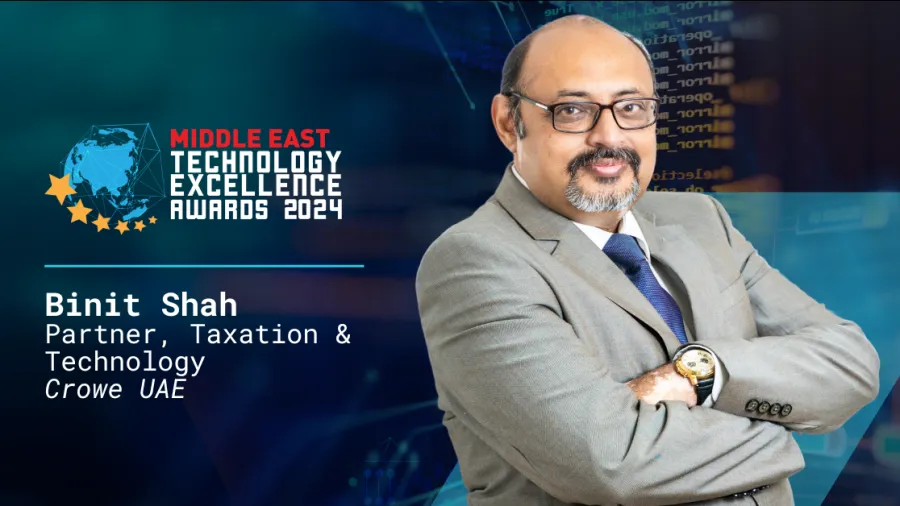
Crowe UAE’s Binit Shah discusses emerging trends and future-ready solutions in IT
He delved into the key points that organisations need to leverage to keep pace with the evolving industry landscape.
The IT industry is advancing at a remarkable pace, with emerging technologies continually reshaping the landscape. To effectively capitalise on these advancements and be future-ready, companies must remain adaptable and continuously update their technology strategies.
Offering valuable insights on these strategies is Binit Shah, Partner, Taxation & Technology at Crowe UAE, with over 30 years of experience, he leads a team specialising in tax, transfer pricing, ESR, outsourcing services, accounting, IT consulting, and software development.
Shah's extensive expertise includes designing IT integrations, business intelligence, and ERP solutions, overseeing their implementation, and advising on IT investment and risk management. He has a proven track record in enhancing organisational productivity and system design across various industries.
Shah as a judge at the Middle East Technology Excellence Awards 2024, highlighted key strategies in IT consulting and ERP systems that organisations should employ to stay ahead in the fast-changing industry and technological advancements.
Strategic approaches to IT optimisation
When assisting clients with the setup of IT infrastructure at a micro level, Shah frequently encounters several common pain points. Budget constraints are one that often poses a significant challenge, as clients desire comprehensive solutions that remain within tight financial limits. To address this, Shah prioritises the identification of critical components, ensuring that resources are allocated efficiently. He often employs creative solutions, such as utilising open-source software or repurposing existing hardware, to maximise the value within the budget.
Scalability concerns also arise, as clients want to ensure their infrastructure can grow without major overhauls. Shah addresses this by recommending modular designs and flexible solutions, including virtualisation and cloud services, to facilitate future expansion.
“We choose flexible solutions that can adapt as the organisation grows,” he said.
Shah promotes vendor-neutral solutions, evaluates multiple vendors, and favours standards-based approaches to avoid proprietary lock-ins clients usually fear. At the same time, security remains a top concern, with clients anxious about data breaches and vulnerabilities. Shah tackles this by employing a security-first approach, incorporating stringent access controls and encryption to protect against potential threats.
Given his extensive knowledge in ERP system design and implementation, he offers valuable advice for organisations undertaking a transformative journey for the first time. His key pieces of advice are: defining clear objectives and processes to improve the ERP system; engaging with key stakeholders early to gather diverse requirements; researching and choosing the right vendor that aligns with needs and future growth; planning for data cleansing, mapping, and migration; investing in staff training; focussing on change management; conduct extensive testing before going live to identify and resolve issues; and monitor and optimise performance and make necessary changes post-implementation.
Shah outlined his methodical approach to designing integration between multiple software systems to ensure seamless operation and data flow. He begins by understanding the detailed requirements of stakeholders. Choosing suitable integration tools or middleware is essential, followed by standardising data formats to ensure consistency across systems.
He emphasised the development of secure, well-documented APIs and accurate data mapping to align data fields correctly. He also highlighted the importance of implementing robust security measures, including encryption and access controls. Finally, Shah recommended thorough testing, continuous monitoring, and maintenance of the integration.
Shah identified several key trends in the outsourcing sector for 2024. He noted a rise in the use of automation, AI, and machine learning to enhance efficiency. There is a growing demand for specialised niche services in areas such as taxation and compliance. Data security and regulatory compliance have become more critical due to increased digitisation. The trend towards remote work continues to expand access to global talent and lower costs. Additionally, there is a notable shift towards environmentally sustainable outsourcing practices.
Shah discussed the evolving role of IT consulting in light of rapid technological advancements. The rising threat of cyber threats has also amplified the role of IT consultants in enhancing cybersecurity measures to protect sensitive data and ensure compliance. Shah highlighted that the integration of AI and automation is enabling IT consultants to provide more accurate insights and streamline routine tasks, thereby allowing a greater focus on strategic initiatives.
Additionally, the growing demand for data analytics consulting reflects businesses’ desire to utilise big data for informed decision-making. The shift towards remote work has further intensified the need for IT consultants to develop and implement effective remote work solutions, ensuring seamless collaboration and productivity.
“IT consultants are increasingly focussed on guiding businesses through digital transformation, leveraging technologies like AI, cloud computing, and data analytics to drive innovation and efficiency,” he said.
Novelty and transformative
As a judge at the Middle East Technology Excellence Awards 2024, Sha considers several key factors when evaluating technological innovation. He first assesses the impact and value of the technology, examining how effectively it improves processes or solves problems. Originality is also important, with a focus on the uniqueness and novelty of the approach.
Shah evaluates scalability by considering the potential for growth and long-term sustainability. The execution is reviewed to determine the quality of the implementation and the results achieved. User experience is another key factor, with attention given to enhancements in usability and accessibility. Additionally, Shah looks at market potential, evaluating how well the technology can drive growth or open new markets, and considering the integration of the technology with existing systems.

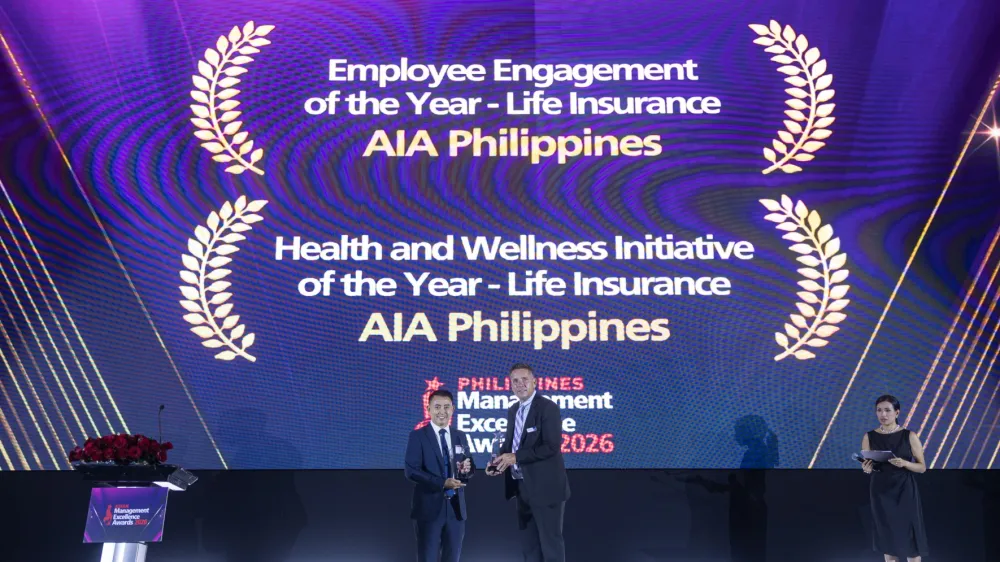







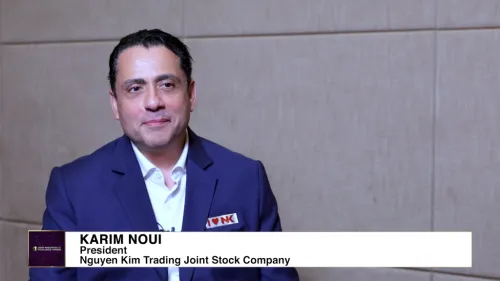
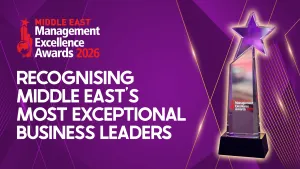
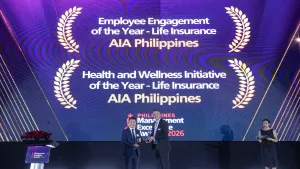






 Advertise
Advertise







